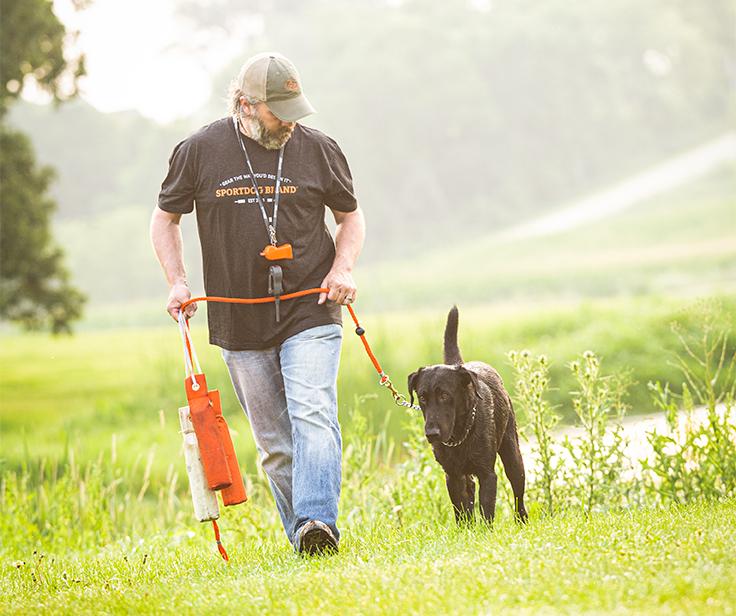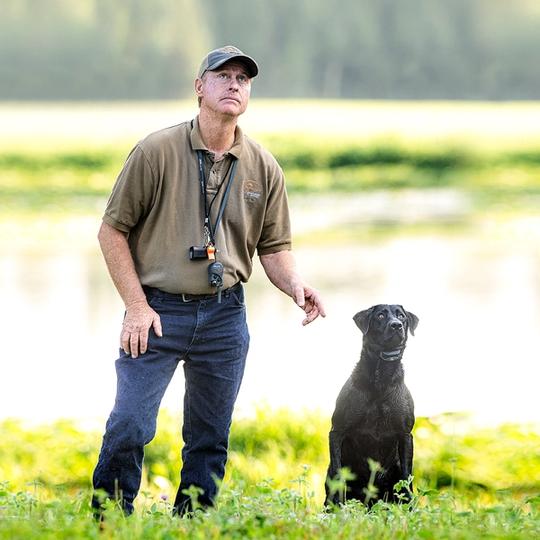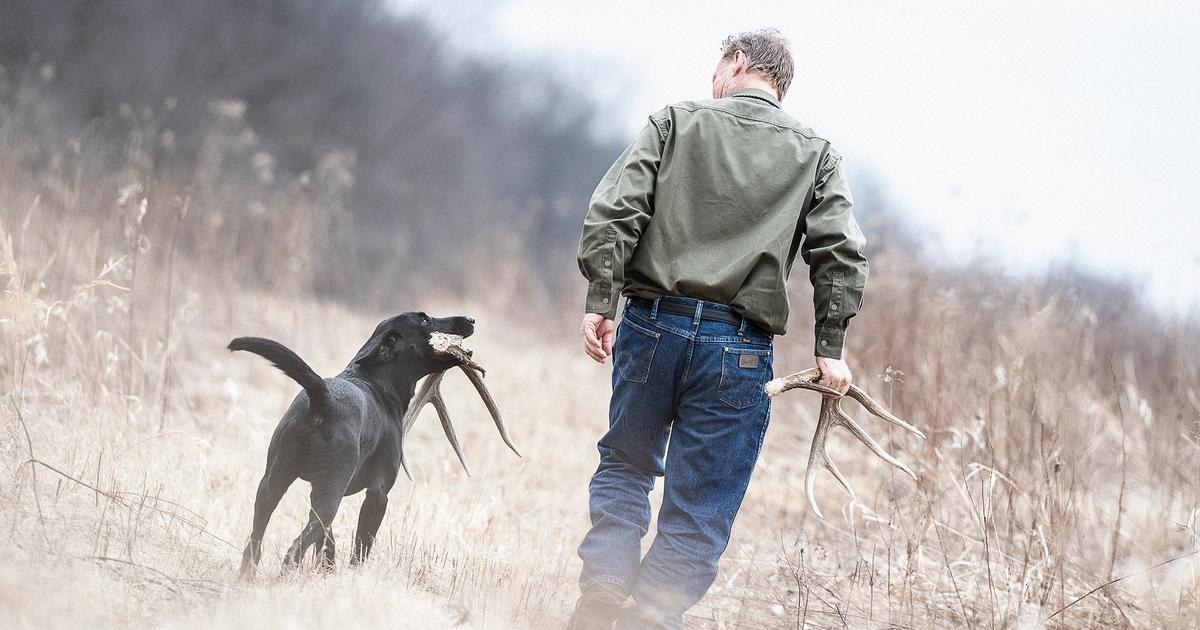
The Golden Rules of Dog Training
Posted by The SportDOG StaffDog training is an art man has been trying to perfect since the domestication of canines. There are almost as many theories on dog training as there are on raising children. Many of these theories are effective and having multiple options allows you to tailor your training to your dog. No two dogs are exactly the same, which means every training experience will be different. There are some constants in dog training. What follows are five fundamentals to keep in mind with every dog, every training session.
Have Fun- If you're like many of us, the moment you see your new puppy or dog is the moment you start seeing all the pheasants he's going to bring in, the championships she's going win and generally the finely trained specimen you expect him/her to be. Slow down. You have a new dog, a new hunting partner and a new member of the family. This should be fun for both of you. Keep training sessions short and sweet, and have fun. If you've ever gotten to see a seminar by Tom Dokken, you know he ends every session with a retriever by letting them do a few fun retrieves. That's what all this is about. Hunting is fun, training should be, too. A dog that's happy to be learning will be happy in the field.
Remember Training Goes Both Ways- The term trainer implies that all your only job in this situation is to teach. This is not true. When training your dog, there are also a number of things you need to practice and require of yourself. Train yourself to stay calm, no matter how frustrating a training situation might be. Your dog will have good days and bad days, but never take your frustration out on your dog. This will greatly hinder your training. If you need to cut a training session short, or just walk away, do so. Also, train yourself to make a point to get out with your dog. A 10-15 minute training session isn't too hard to fit into a day, especially if you make a habit of it. If you want your dog to be dedicated to the field, you need to be dedicated to the training.
If You Can't Reinforce It, Don't Teach It- Remember that your dog learns more than what you intend to teach him. If you give a command when you have no way to reinforce it and he ignores you, he's learned that when he needs to listen is conditional. Obviously, this is a revelation is difficult to unlearn, so make sure if you want your dog's attention and adherence, you have a way to get it.
Be Consistent- Consistency is key. Remember that training is teaching you and your dog how to communicate. The expectations should be clear and concrete. If your dog has to guess what outcome you want, you are both set up for failure. Try to make sure your dog knows when it's time to train by training at around the same time everyday, using the same equipment and follow the same basic structure.
Don't Give Up- You are going to make mistakes. Your dog is going to make mistakes. This is the nature of training and humanity in general. Don't throw your hands in the hair and give up just because things are going wrong. Take time to assess the missteps of both you and your dog and learn how to correct these in the future. The tough phases will pass and you and your dog will have better communication because of them.
Keep these golden rules in mind to help you and your dog get the most out of your training experience.
Good luck and happy training!
Related Articles

Tom Dokken's Top 10 Tips for Dog Training
by The SportDOG Staff
Senior ProStaffer Tom Dokken has forgotten more about dog training than most of us will ever know, so it'd be almost impossible to get everything in one place, but Tom shared some of his Top 10 Tips for dog training: 1. Never give a command you cannot enforce. If you do...

Tom Dokken: Dedicated to the Dogs
by Tom Dokken
Looking back over my last 40 years as a professional dog trainer it seems like it was just yesterday. Although dog training has changed allot over the years, the starting point remains the same. As a young high school kid, I remember the day that made me realize that I...
